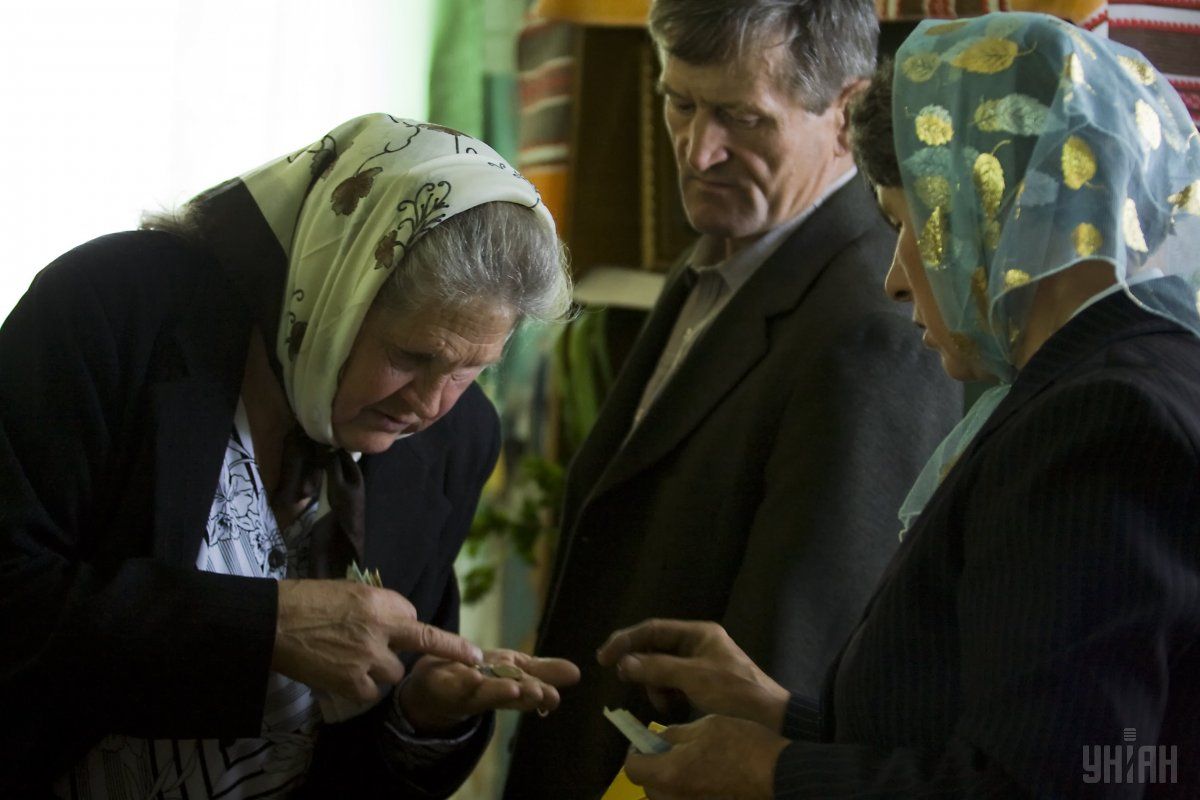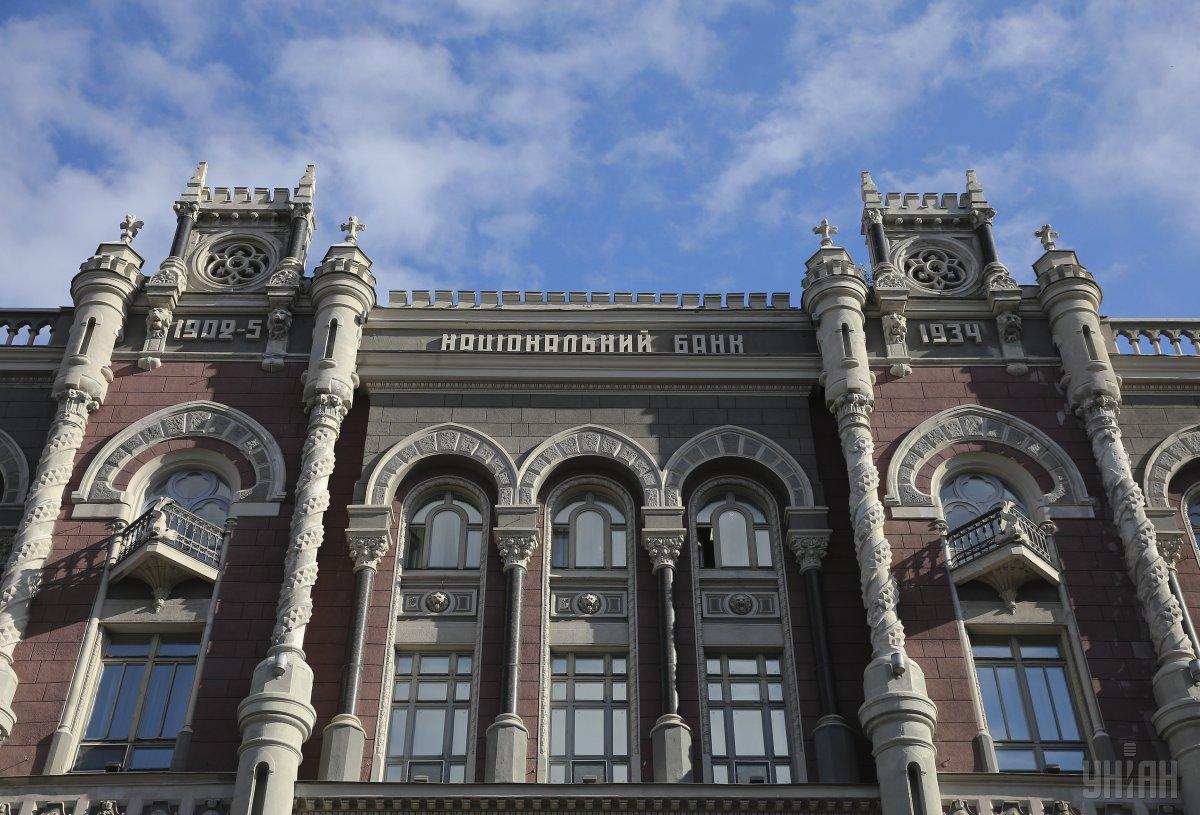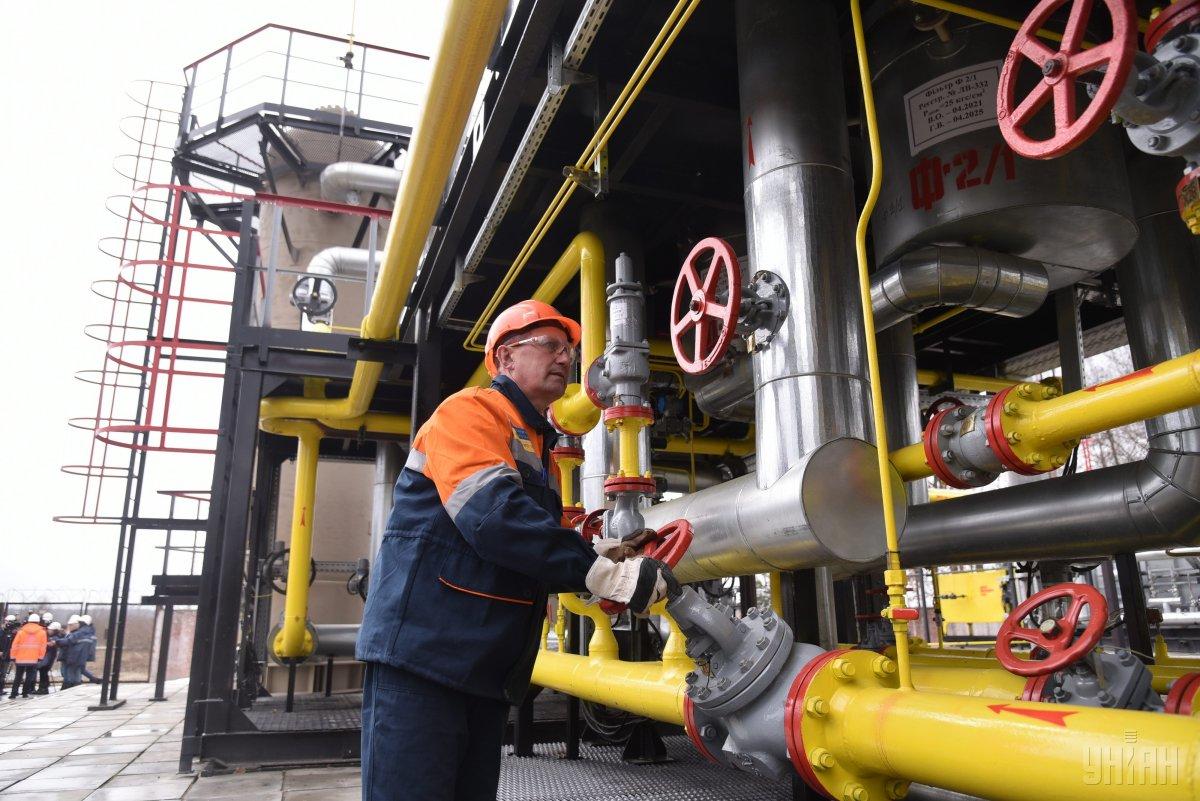
Week's balance: Slower slide of industrial output, election "gifts" to pensioners, and restrictions on cash payments
The State Statistics Service reported a slowdown in industrial output in January, the government allocated one-time “assistance” to pensioners on the eve of elections, while the National Bank announced its intention to impose restrictions on B2C cash payments – these are the main economic news of the outgoing week.
The State Statistics Service this week said there was a slowdown in January in the pace of industrial production drop in annual terms to 3.3% against 3.5% in December 2018. Compared with the previous month, industrial output, taking into account the calendar day effect, decreased by 0.5% in January.
The largest drop was recorded in the production of electrical equipment (56%), chemical industry (14.9%), and mechanical engineering (11.9%).
Meanwhile, the largest growth was recorded in stone and brown coal extraction (16.2%), production of computers, electronic, and optical devices (13.1%), and pharmaceuticals (6.6%).
It is worth noting that the month of January, filled with holidays, is traditionally not a very good month for the economy. Thus, this year's start could be considered rather satisfactory.
Pre-election "gifts" to pensioners

As presidential elections are approaching, the Pension Fund at its meeting attended by the president, prime minister, and Cabinet members, proudly announced the start of pension indexation, although this is happening routinely, in line with pension reform launched back in 2017.
For the first time, pensions will be recalculated upwards automatically, based on a formula that takes into account the average wage and inflation rate. In average, pensions will rise by UAH 255, but the specific amount will depend on the coefficient of insurance experience and previous salary. Minister of Social Policy Andriy Reva says some 10.2 million pensioners will see their pensions recalculated.
President Poroshenko's major message was the following: “In 2015 - 2016, when the state gave every kopiyka of the Pension Fund for building up the Army and protecting the State, it was decided that it was absolutely justified that there were no possibilities for recalculating pensions ... Today, we found opportunities to return to pensioners, primarily those with the lowest pension (minimum and below minimum), the indexation of 2015-2016. According to estimates, we reached the figure of UAH 2,410."
Poroshenko said that the amount will be paid in two stages – in March and April, which, oddly enough, coincides with the eve of the first and second rounds of presidential elections.
According to Reva, almost 1,900,000 pensioners will receive “assistance”.
The government's "carrot" will cost the budget some UAH 4.5 billion. Poroshenko said that the funds were raised due to successful custom clearance of vehicles on EU plates, which the Ministry of Finance says has brought about UAH 4.9 billion since the beginning of 2019. The Fiscal Service says that since the law on legalizing cars on EU plates came into force (Nov 25, 2018), more than 218,000 such vehicles have been cleared, which brought an additional UAH 13.5 billion.
According to Poroshenko, the amount received exceeded expectations, because initially the authorities hoped that the preferential custom clearance campaign would collect a maximum of UAH 3-5 billion.
Experts believe that the indexation of pensions is an absolutely consistent step, which was envisaged by pension reform, while the payment of this “assistance” was exclusively an electoral one. “Pension indexation is a consistent step based on the pension reform adopted in 2017. Plus 17%, this may be a small increase, but it does make a difference for the poor. It will always help. This is an absolutely pure part of this story, which is logical and correct. But there is another part – a two-stage payment of UAH 2,400. And it is being done on the eve of elections, which is obvious. And this is not indexation, this is a payment to pensioners who receive minimum pensions, a one-time election-related payment. UAH 2,400 is a bribe to the electorate," said Serhiy Fursa, an expert with the security sales department at Dragon Capital Investment Company.
Fighting shadow businesses

In the outgoing week, the National Bank announced innovations that will soon affect cash payments. The regulator released for public discussion a draft resolution proposing to reduce the maximum amount of B2C cash payments to UAH 15,000 from the currently established UAH 50,000. In addition, business entities when withdrawing cash from their current accounts will be required to provide, at the request of the bank, supporting documents on cash settlements.
At the same time, the NBU assured that the maximum amount of C2B cash payments and those against individuals will remain at the same level of UAH 50,000, while non-cash payments will, as before, be carried out without any restrictions.
According to the estimates of the European Business Association, the NBU initiative will not be a nuisance to legal businesses. “For a legal business, any initiatives concerning the reduction in cash turnover are not critical, because legal businesses have nothing to hide. They are absolutely transparent, and such initiatives do no harm to them,” Yevhen Veremiychenko, EBA electronic payment committee coordinator, told UNIAN. In his opinion, the restriction, above all, will affect operations in the shadow sector, whose share in the country's economy ranges from 30 to 50%, according to various estimates.
At the same time, the Independent Association of Ukrainian Banks believes that to reduce the share of shadow economy, simply reducing the cash settlement threshold is not enough. “It is also necessary to improve conditions for doing business in general – to strengthen the protection of property, to ensure fair judiciary and protection from arbitrariness of law enforcers, as well as to eradicate corruption,” believes Olena Korobkova, the ofganization's executive chief. “If it is cheaper and safer to do business transparently than to hide turnover, split transactions, and give bribes, then there will be significantly fewer incentives to use cash.”
According to the organization's estimates, reducing the cash settlement limit will create certain inconveniences for companies or entrepreneurs who are used to buying goods or services necessary for business, especially in seasonal purchases of agricultural products from small farms in the southern and western regions of the country. While these innovations are yet to be approved, comments and proposals to the draft are accepted until March 27.
Path to energy independence

At this week's government meeting, Prime Minister Groysman said that Ukraine has real chances to achieve independence from gas imports within five years, thanks to the reform of the State Service of Geology and Subsoil and the transition to open electronic auctions for the sale of special permits for hydrocarbon production.
“We have opportunities until 2025, 2023, and 2024 to increase substantially, to stunningly increase gas production. How's that? That's due to acomplete change in the work of the State Service of Geology and Subsoil, the structure, which until 2014 only distributed its deposits to their entourage, doing this under the table. In fact, we're the first ones to destroy the scheme of covert allocations, introducing a completely new system of public auctions,” said Groysman.
Next week, on March 6, the first e-auction for the sale of special permits for the exploration of 10 new fields will be held. The resource base of the sites put up on the bidding is estimated at 90 billion cubic meters of gas and 16 million tonnes of oil.
Previously, market participants have repeatedly criticized the Agency for the lack of transparency in holding biddings for new fields.
Another news of the outgoing week is that Naftogaz Head of the Board Andriy Kobolyev announced a positive shift in the gas dispute with Russia, whose aggression forced the company to lose its main assets in the annexed Crimea (in particular, the Petro Hodovanets and Ukraine drilling rigs), as well as access to gas on the Black Sea shelf.
The International Court of Arbitration in The Hague declared illegal Russia's expropriation of Naftogaz assets in Crimea in the spring of 2014.
“The decision is positive. We were able to prove to the tribunal, firstly, the fact that the jurisdiction of this investment protection tribunal extends to this case. Secondly, we succeeded in proving that Russia, as a state, is to blame for the loss of our assets and must bear responsibility for this, that is, to provide NJSC Naftogaz Ukraine with compensation,” Kobolyev emphasized.
According to Naftogaz, the amount of compensation Ukraine could receive is about $5 billion. The company awaits the court's final decision in early 2020.
In addition, Kobolyev said that after the presidential election, the company will consider returning to the issue of eurobonds placement, which would help balance the company's financial component.
Earlier, Naftogaz stated that it was postponing the issue of eurobonds due to market instability and the high potential cost of raising funds.
The first week of spring promises to be full of interesting economic news: the mission of Ukraine’s key creditor, the International Monetary Fund, will be visiting Kyiv March 5-13, the Cabinet of Ministers will consider gas consumption rates, while the State Statistics Service will publish inflation data for February.
Anna Bredikhina

